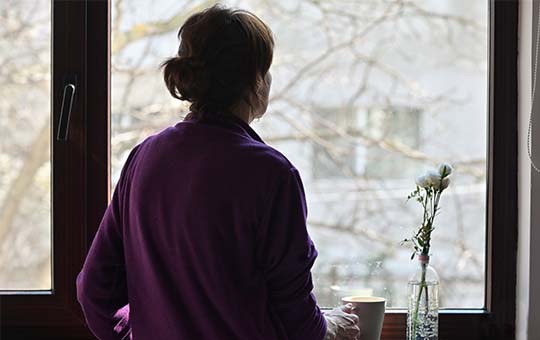Follow the conference on X #DischargeMH
In this conference we will have the opportunity to reflect on the latest developments and challenges in discharging people with lived experience of mental health issue from mental health services, with an extended session on the recent investigation and report from the Parliamentary and Health Service Ombudsman which can be read here.
This conference will explore the best practice in discharge planning, making it person-centred and reducing any adverse outcomes. We will hear from the lived experience of someone who was discharged from a mental health setting into homelessness, as well as the legal considerations for resolving complex hospital discharges.
“Too many readmissions occurred because vulnerable patients received inadequate help from community-based mental health teams after their discharge. That lack of support can be so significant that in some tragic cases patients kill themselves. Recent reports of the number of patients who, after discharge, experience ‘unexpected’ deaths are becoming a cause of concern. The highest risk of suicide can be within the first 48 hours following discharge, yet we still know patients who are left to go home alone to a flat or unsupported accommodation with nowhere to turn for help.”
Marjorie Wallace, Chief Executive, Sane, January 2024
“There were an estimated 193 deaths by suicide in the 3 months after discharge from mental health in-patient care in the UK in 2021, 12% of all patient suicides… The highest risk was in the first 1-2 weeks after discharge, with the highest number of deaths overall occurring on day 3 post-discharge (taking day 1 as the day of discharge). ”
National Confidential Inquiry into Suicide and Safety in Mental Health 8th February 2024
“Someone being discharged from a mental health service, potentially into unsafe housing, financial insecurity or distanced from family and friends, is likely to face the prospect with anxiety and a sense of dread rather than positivity. Mistakes or oversights during this process can have devastating consequences.”
Lucy Schonegevel, Director of Policy and Practice, Rethink Mental Illness, February 2024
Network with colleagues who are working to improve discharge in mental health practice
Reflect on national developments and learn from Discharge from mental health care: making it safe and patient-centred PHSO report
Learn from outstanding examples of changing culture and improve discharge practice
Explore the best practice discharging children and young people in mental health services
Ensure the Discharge to Assess model is being implemented and optimised
Understand the issues related to housing and hear from a lived experience of someone discharged into homelessness
Improve the identification and discharge assessment of people needing complex discharge support early
Reduce the adverse outcomes associated with discharge from acute mental health services
Understanding the legal framework for managing complex and delayed discharges (depending on capacity status of patient)
Explore established case study practice focusing on discharge from mental health services
Learn from trusts that have improved discharge practice
Understand the role of the housing support coordinator in patient discharge
Self assess and reflect on your own practice
Supports CPD professional development and acts as revalidation evidence. This course provides 5 Hrs training for CPD subject to peer group approval for revalidation purposes





